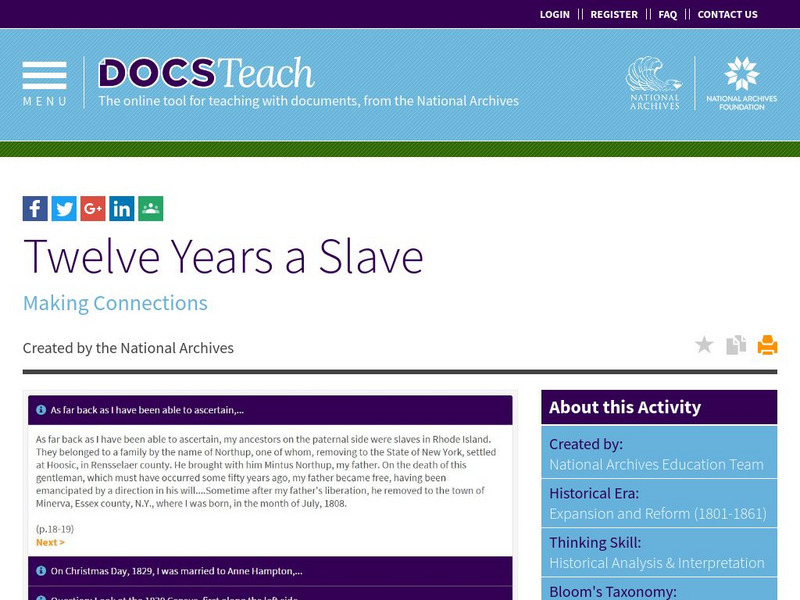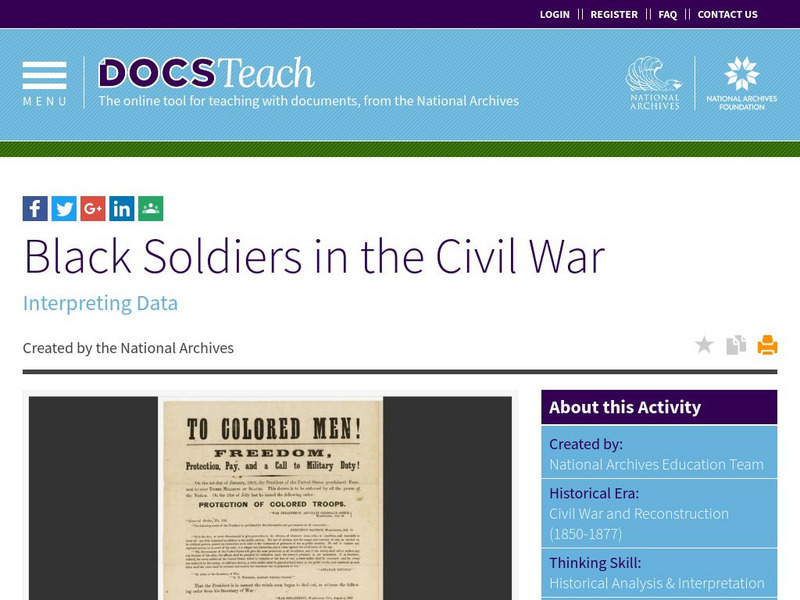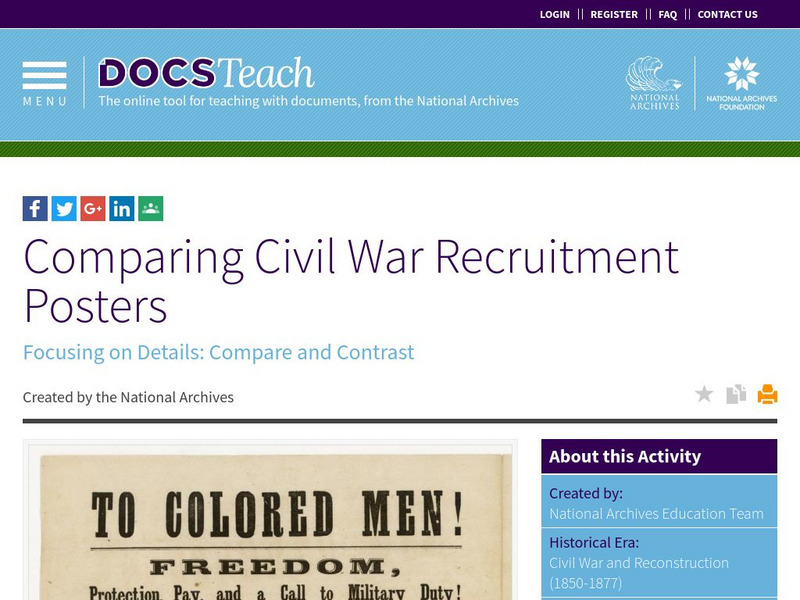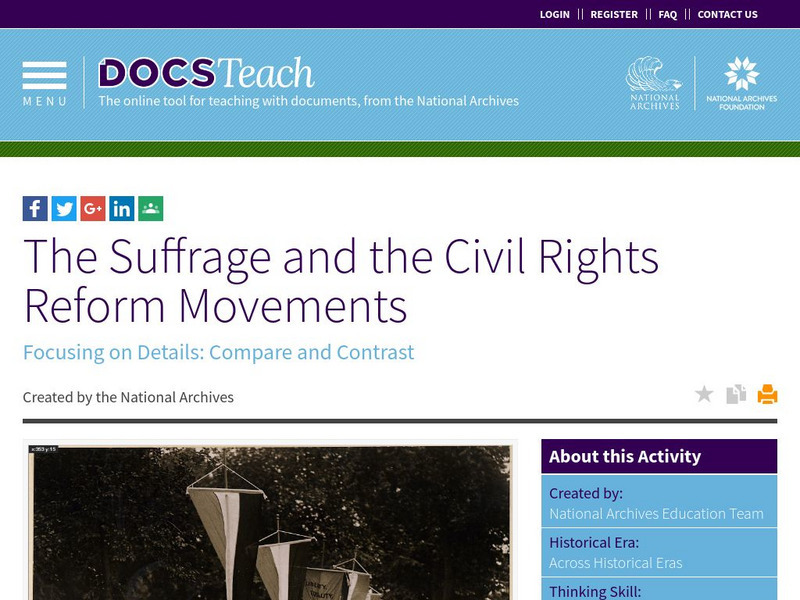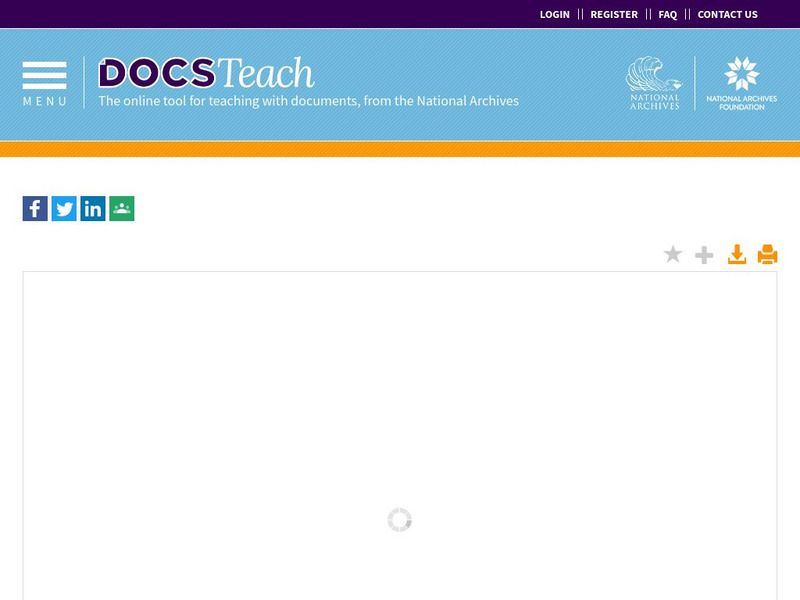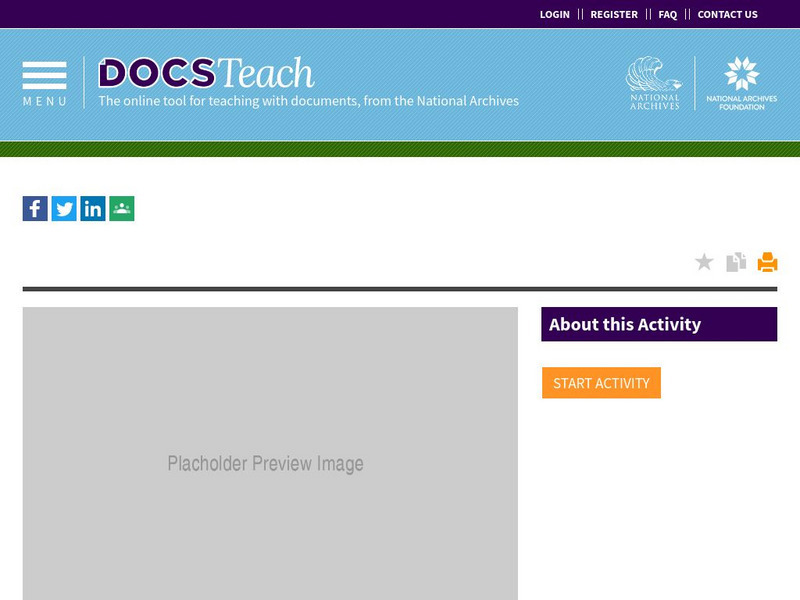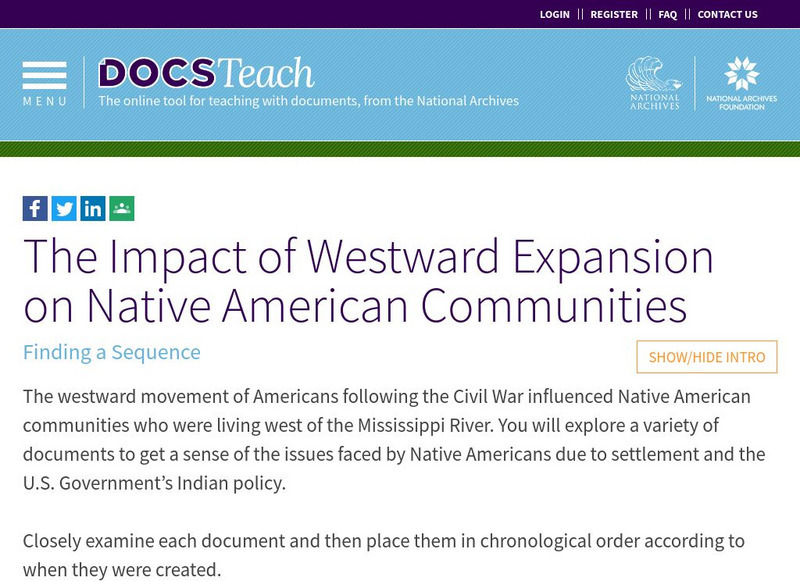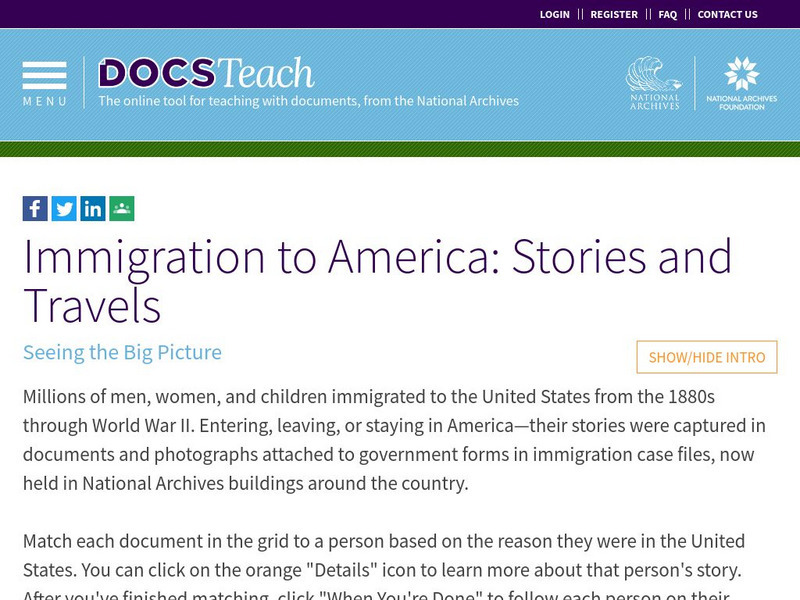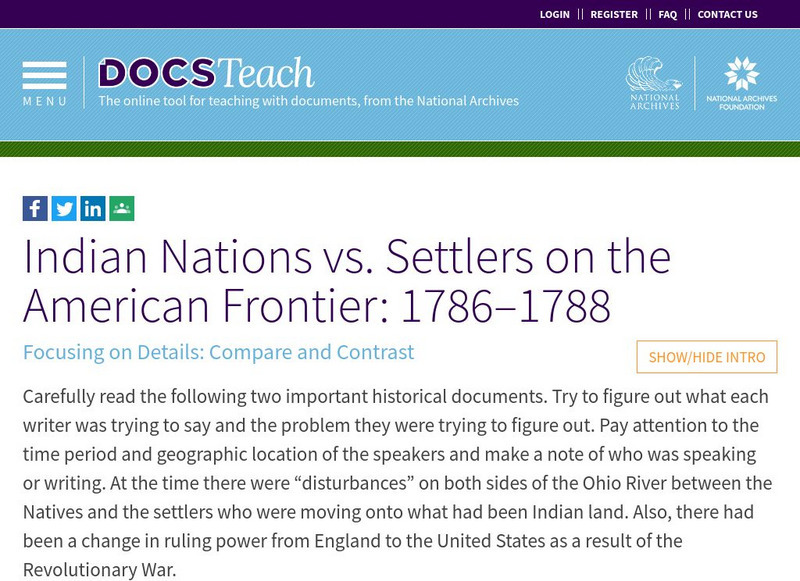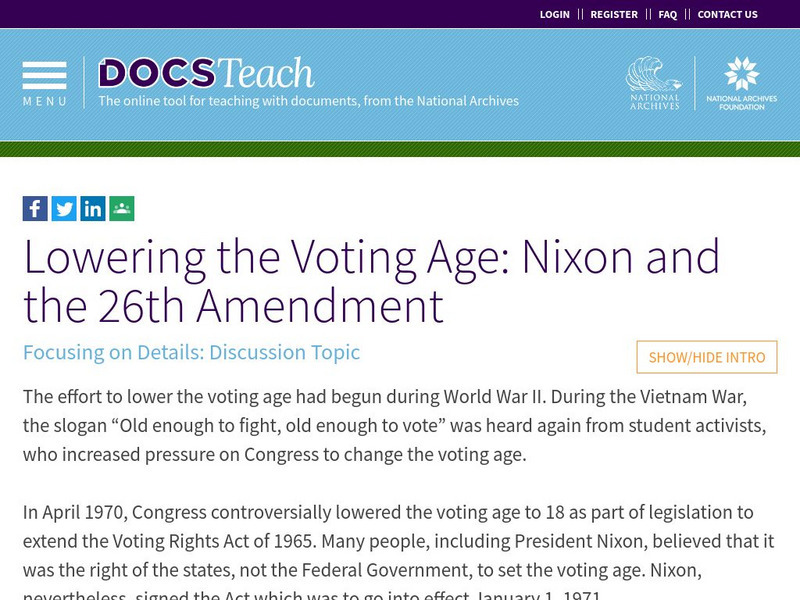US National Archives
Nara: Founding Fathers: Maryland
Gives biographical details on the five delegates from Maryland to the Constitutional Convention: Daniel Carroll, Daniel of St. Thomas Jenifer, Luther Martin, James McHenry, and John Francis Mercer.
US National Archives
Nara: Founding Fathers: Georgia
Gives biographical details on the four delegates from Georgia to the Constitutional Convention: Abraham Baldwin, William Few, William Houston, and William Leigh Pierce.
US National Archives
Nara: Founding Fathers: New Hampshire
Gives biographical details on the two delegates from New Hampshire to the Constitutional Convention: Nicholas Gilman and John Langdon.
US National Archives
Nara: Founding Fathers: South Carolina
Gives biographical details on the four delegates from South Carolina to the Constitutional Convention: Pierce Butler, Charles Pinckney, Charles Cotesworth Pinckney, and John Rutledge.
US National Archives
Nara: Japan Surrenders
Find a reproduction of the official instrument of surrender signed aboard the USS Missouri on September 2, 1945.
US National Archives
Internet Archive: The Art of England: [Ruskin] Lectures Given in Oxford
Access various digital copies of a published version of four lectures delivered by Victorian critic John Ruskin on the art of England. The lectures, originally published in 1883, comment on the work of a number of English artists of...
US National Archives
National Archives: Road to Revolution: Patriotism or Treason?
What if you lived in the colonies during in the years preceding the Revolution? Would you be a loyalist or join the Sons of Liberty? Middle schoolers will analyze a picture of a tax collector being tarred and feathered and answer...
US National Archives
National Archives: To Sign or Not to Sign
Use this instructional activity in the middle of a Revolutionary War unit. Students will analyze sections of the Declaration of Independence to answer critical thinking questions. Upon completion of the unit, students will reevaluate...
US National Archives
National Archives: Twelve Years a Slave
Solomon Northup was a free man of color who was sold into slavery. Learners will read excerpts from his autobiography and analyze documents based on his life. These documents included slave manifests and census documents.
US National Archives
National Archives: Black Soldiers in the Civil War
Increasing pressures on the Union army led to the recruitment of African Americans to fight in the Civil War. Students will analyze the following recruitment poster for freed slaves and decide how important the black soldiers were to a...
US National Archives
National Archives: Comparing Civil War Recruitment Posters
The Lincoln administration struggled with the idea of recruiting black troops until it became a necessity for the Union army. Compare and contrast the following recruitment posters - one for recruiting black men for the Union army and...
US National Archives
National Archives: The Suffrage and the Civil Rights Reform Movements
Two reform movements that changed American history - Women's Suffrage and the Civil Rights Movement. View two iconic pictures from these movements and compare and contrast them along with answering critical thinking questions.
US National Archives
National Archives: Search Warrants and the 4th Amendment
Examine an actual search warrant to see the 4th Amendment in action. Students will decide whether the warrant meets the standards of the 4th amendment.
US National Archives
Docsteach: The Voting Record of the Constitution
For this activity, students will analyze a primary source document to find relevant historical data and measure the degree of agreement and disagreement during the Constitutional Convention.
US National Archives
Docsteach: Watching What?
Students will hypothesize what the president and cabinet members were watching on television by analyzing facial expressions, and body language, and the physical environment. Students will learn that President Ronald Reagan and his staff...
US National Archives
Docsteach: The Big Ideas of the u.s. Constitution
In this activity students will identify and define seven key ideas contained in the U.S. Constitution by making matches from the grid. They will then analyze documents that demonstrate each big idea in action.
US National Archives
Docsteach: Reasons for Westward Expansion
Learners will examine a variety of documents that reference reasons why Americans living in the East migrated west of the Mississippi immediately before, during, and right after the Civil War. Documents cover the mining industry, new...
US National Archives
Docsteach: The Impact of Westward Expansion on Native American Groups
In this activity, students will examine the impact of westward expansion and settlement on Native American groups following the Civil War. Students will explore a variety of documents to get a sense of the issues faced by Native...
US National Archives
Docsteach: Immigration to America: Stories and Travels
This activity asks students to match documents to individuals based on the reasons these people came to and were living in the United States. The photographs and documents are attached to government forms in some of the millions of...
US National Archives
Docsteach: A Call to Action: Responses to Civil Rights Violations
For this activity, students will be introduced to the civil right activities of Harry T. Moore, former schoolteacher and National Association for the Advancement of Colored People (NAACP) official in Florida in the 1940s, and analyze the...
US National Archives
Docsteach: Indian Nations vs. Settlers on the American Frontier: 1786 1788
In this activity, students will compare and contrast two documents from the Revolutionary period written by 1) a combined group of Native American tribes and 2) an American territorial governor, Arthur St. Clair. Students will analyze...
US National Archives
Docsteach: Landing a Man on the Moon: President Nixon and the Apollo Program
This activity chronicles the Space Race from President Kennedy's call to land on the Moon until Apollo 17 - the last lunar Mission, placing particular emphasis on President Nixon's role in the space program.
US National Archives
Docsteach: Lowering the Voting Age: Nixon and the 26th Amendment
This activity encourages young scholars to think critically about the history and importance of the 26th Amendment, that granted the right to vote to American citizens aged eighteen or older.
US National Archives
Docsteach: Civil Rights Act, 1964 & Equal Employment Opportunity Commission
This activity asks students to read, analyze, and summarize Title VII of the Civil Rights Act of 1964 that established the Equal Employment Opportunity Commission.



![Internet Archive: The Art of England: [Ruskin] Lectures Given in Oxford Website Internet Archive: The Art of England: [Ruskin] Lectures Given in Oxford Website](https://content.lessonplanet.com/knovation/original/168777-7c4aa01b71e4f9d184fed96e9a9831df.jpg?1661492125)


